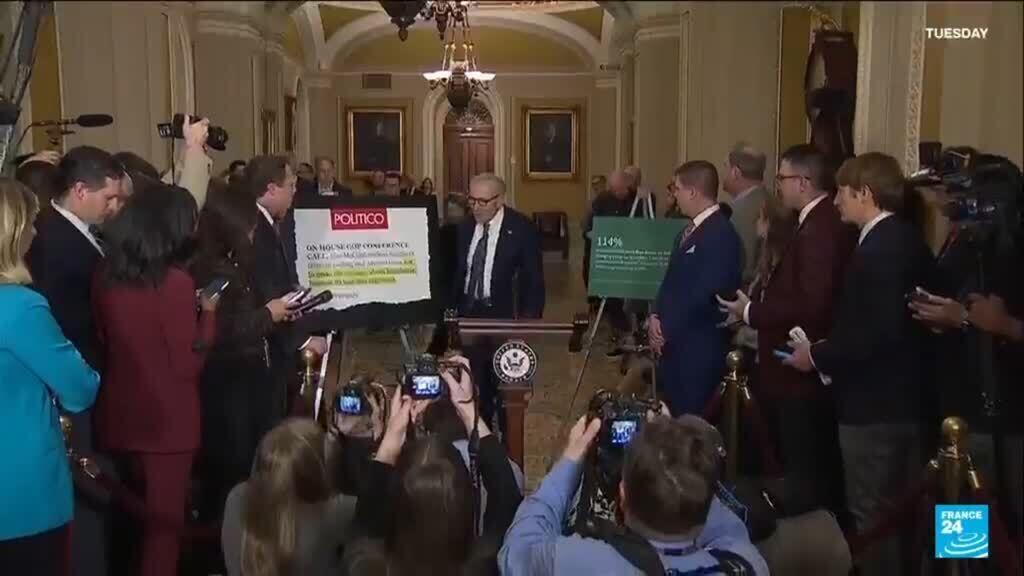Government Shutdown Begins
The U.S. government has initiated a shutdown after Congress failed to reach an agreement on an emergency budget. This shutdown, which began after midnight on Wednesday, has resulted in the halt of operations at various federal agencies. Consequently, hundreds of thousands of workers have been sidelined, awaiting a resolution to the budget impasse.
Cause of the Shutdown
The primary reason for the shutdown is the inability of Congress to agree on a budget. A key point of contention is the demand by Democrats for the restoration of billions of dollars in healthcare spending. This spending is particularly aimed at supporting low-income households, highlighting the significant divide in priorities between the negotiating parties.
Impact on Federal Agencies
The shutdown has immediate and far-reaching implications for federal agencies. Many non-essential services have been suspended, affecting a wide range of government functions. This not only impacts the services provided to the public but also the livelihoods of federal employees who are either furloughed or working without pay.
Effects on Workers
Hundreds of thousands of workers are directly affected by the shutdown. Those deemed non-essential are placed on furlough, meaning they are temporarily laid off without pay. Essential workers, on the other hand, are required to continue working despite the shutdown, with their pay withheld until the situation is resolved. This places a significant financial strain on affected employees and their families.
Healthcare Spending Demands
At the heart of the budget disagreement is the issue of healthcare spending. Democrats are pushing for the restoration of funds aimed at supporting healthcare for low-income households. This demand reflects a broader debate about the role of government in providing social services and ensuring access to healthcare for all citizens, particularly those in vulnerable economic situations.
Path Forward
The path to resolving the shutdown and reopening the government involves finding common ground on the budget. This includes addressing the healthcare spending demands and other contentious issues. Until an agreement is reached, the shutdown will continue, with its effects being felt across the country. The situation underscores the challenges of governance and the importance of bipartisan cooperation in addressing the nation’s needs.

